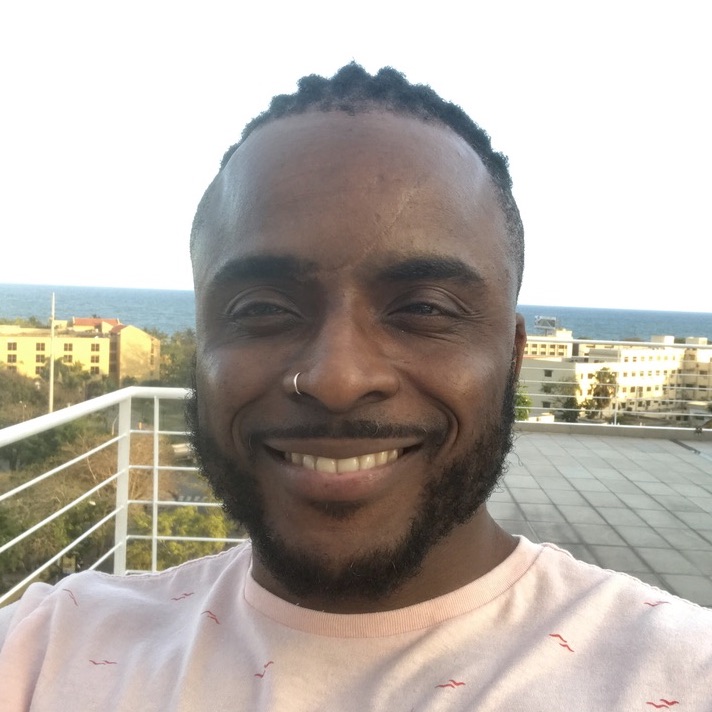Exile is triggered by fear. But exile, particularly when time, distance, and security have provided healing, allows for reflections on the love one misses. Exile also equips me to grant permanent residency to a colorfulness I took from Jamaica. I like bright colors in my hair and clothing. I like tattoos, many of which are of animals. These inscriptions allow me to carry Jamaicaness within me in every space I occupy. I do not carry it deliberately, but naturally, consciously. Had I reflected years ago on what exile meant to me, I would have spoken about the homophobia — the day when my aunt kicked me out of her home because she heard I was gay; the words I was told my father had expressed about my being gay (“Me goin’ shoot him when me see him”); the hate I had for Christianity and its culture of brainwashing and homophobia, and the clarity and morality I obtained through atheism; the resentment I had for Jamaicans just from hearing their accents in the streets of New York City where I lived, and my pledge to never return there to “that hateful country” — the reason many persons like me had to flee and obtain political asylum in the U.S., Canada, and the U.K. Today, I am in a peaceful state of mind and a more tolerant geographic place in the U.S. This rich history of being Jamaican is the reason I also love the U.S. in different ways I could never love Jamaica.
While attending to criticism of anti-gay violence in Jamaica, your writings also express the need to give voice to “the stories of love and regular life that bind Jamaicans to Jamaica.” In doing so, you gesture towards an intellectual and political approach that seems to lay beyond the borders of “critique” widely taken. How would you characterize your scholarly approach toward violence?
In the introduction of her book Exceptional Violence [Duke University Press, 2011], Deborah Thomas writes that “it is an old cliché of anthropological area studies that if one wants to study kinship and political systems, one goes to Africa; hierarchy, to India; exchange, to Melanesia, and so on. Within the Caribbean, if one wants to study violence, one goes to Jamaica.” Thomas’ observation acknowledges that misnomers about Jamaica as a violence hub exist widely, even within intellectual spaces. Thomas is referring to perceptions of violence in numerous areas including gun crimes, politics, drugs, and gender-based manifestations. With respect to anti-gay violence, I have become drained from meeting persons in the U.S. who tell me I have an accent and then ask, “Where are you from?” After learning I am Jamaican, I get the regular responses: “I hear they kill gay people there.” “Is it safe to visit?” “You must be lucky you are here.”
I know these persons mean well, so I find some sweet ways to acknowledge their concerns, but also to point out that things are changing for the better, though slowly. When time allows, I also try to shift the conversation to creolist aspects of Jamaican culture that are richly reflected in poems by Louise Bennett-Coverley, dance choreographies by Rex Nettleford, and a number of figures in roots play theater productions. In mediums of poetry, dance, and play, queer persons often hold prominent performative positions. Critically reading their performances, one cannot ignore how they often use these spaces to radically disrupt gendered norms in ways that allow the performer’s identity to be perceived as queer even off stage. Yet their sexuality isn’t ridiculed because the performance culture provides a shield — or one might say, unconventional tolerance of queer sexuality. In no way am I suggesting that queer-perceived persons live freely when they are performers. Rather, I am highlighting the complexities of queer sexuality, visibility, and liberation in Caribbean nations such as Jamaica. Attending to these diverse queer narratives should also be the labor of discourse in which queer subjects aren’t merely visible through their adjacency to violence.
